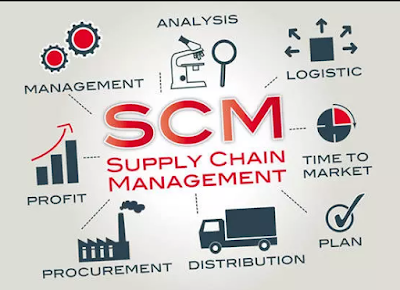Types of Supply Chain Management (SCM) Systems
Depending on the work that supply chain management systems perform, they are divided into two categories, namely, supply chain planning systems, and supply chain execution systems.
1. Supply Chain Planning Systems
These systems provide information that helps businesses plan their Supply Chain. Some important supply chain planning works are as follows:
- Predict the demand for specific products and prepare sourcing and production plans for those products.
- Determine the quantity of product that must be produced within a certain period of time.
- Decides where to store finished items.
- Transport mode identification used to deliver goods.
- Determining the level of deposit for raw materials, intermediate products, and finished products.
- The quantity of the product should be determined to meet the needs of all customers in the business.
2. Supply Chain Execution Systems
These systems provide information that helps businesses implement their supply chain measures. The following are some of the key supply chain tasks:
- Ensuring proper delivery of products from manufacturers to retailers and ultimately to customers
- Provide information on the processing status of orders so that sellers can provide customers with accurate delivery dates
- Tracking the invoice and accounting for products that have been returned or repaired and serviced
Benefits of Supply Chain Management (SCM)
Effective Supply Chain Management (SCM) systems provide the following benefits to optimize company performance.
- Improve customer service by delivering the right products at the right time and in the right place, which helps you increase the sales of the organization.
- Enable companies to bring products to market at a faster rate. Thus, companies get their payments sooner than their lack of efficient supply.
- Reduce total supply chain costs including collection costs, transportation costs, inventors, transportation costs, etc. Reducing costs in the supply chain helps increase firm profitability.
Related Topics






0 Comments